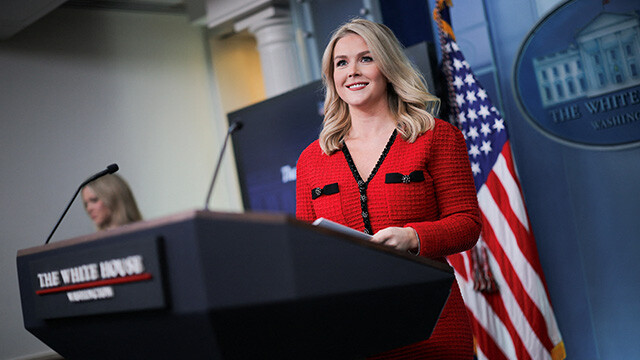
WASHINGTON D.C. – The United States Customs and Border Protection (CBP) has issued a clarification regarding the imposition of tariffs on automotive parts originating from Mexico and Canada under the United States-Mexico-Canada Agreement (USMCA). Effective May 3rd, CBP has officially stated that qualifying automotive parts will be exempt from the previously announced 25% ad valorem tariff. This announcement provides much-needed clarity and potential relief to the intricate automotive supply chains spanning North America.
The initial announcement on March 26th concerning tariffs on automobiles and automotive parts had introduced a layer of complexity for manufacturers operating within the USMCA framework. While the U.S. government indicated its intention to grant preferential tariff treatment to automobiles meeting the USMCA's rules of origin, a caveat regarding the origin of the constituent parts created uncertainty. The directive at the time suggested that for USMCA-eligible vehicles, a 25% tariff could be levied on non-U.S. sourced components.
However, recognizing the practical challenges in immediately implementing a system to differentiate and tax only the non-North American parts within an assembled vehicle or larger component, the CBP has now stepped in with a temporary reprieve. The agency explicitly stated that until a specific methodology for applying tariffs solely to non-U.S. parts is established, automotive parts (excluding incomplete or unassembled goods, which may be subject to different classifications) that qualify for USMCA preferential treatment will not be subject to the 25% tariff.
This decision is likely to be welcomed by automotive manufacturers and suppliers across the USMCA region. The integrated nature of the North American automotive industry means that vehicles and their components often cross borders multiple times during the production process. Imposing a blanket 25% tariff on all parts, even those originating within Mexico or Canada and destined for USMCA-qualifying vehicles, would have significantly increased costs, potentially disrupted supply chains, and undermined the intended benefits of the trade agreement.
Industry analysts suggest that this temporary measure reflects the complexities involved in tracing the precise origin of every single component within a modern vehicle. Establishing a robust tracking and tariff application system that aligns with the nuances of the USMCA's rules of origin requires time and technological infrastructure.
The USMCA, which superseded the North American Free Trade Agreement (NAFTA) on July 1, 2020, aims to promote trade and investment among the three North American nations. A key aspect of the agreement involves updated rules of origin for automobiles, requiring a higher percentage of North American content for vehicles to qualify for duty-free treatment. The recent clarification from CBP underscores the ongoing efforts to interpret and implement these complex regulations in a way that supports the smooth flow of commerce within the region.
While this announcement provides immediate relief, the automotive industry will likely be watching closely for further guidance from the U.S. government on the long-term methodology for applying tariffs based on the origin of automotive parts. The development of a clear and efficient system will be crucial for ensuring compliance and maximizing the benefits of the USMCA for all stakeholders in the North American automotive sector.
The decision also highlights the delicate balance between protecting domestic industries and fostering regional economic integration through trade agreements. The U.S. government's approach to automotive tariffs under the USMCA will continue to be a significant factor shaping the future of the North American automotive landscape.
[Copyright (c) Global Economic Times. All Rights Reserved.]



























